
Nitzavim: Separated in Holiness
Why can I not sit at my husband's side in the place of prayer? Men and women do not have to separate during banking hours or while shopping…

Parshat Nitzavim
DEPENDING ON THEIR MOTHERS
“You stand positioned this day all of you before Hashem your G-d; your heads of your tribes, your elders, and your officers, with all the men of Israel. Your little ones, your wives, and your stranger that is in your camp…” (Devarim 29:9-10) Rabbi S. R. Hirsch notes that it states “your wives,” without the binding word “and.” This implies that the wives are not placed next to their children, but rather the children and the wives are identical. G-d can only rely on the children as long as He can trust their mothers. The spiritual and ethical future of the children is dependent on how dedicated the women are to G-d.
SEPARATED IN HOLINESS
According to Malbim, the Torah mentioned “your wives,” in order to highlight that they were standing by themselves and not mixed together with their husbands. At this holy moment when Israel entered the covenant with G-d, everyone was positioned separately, each in his or her own particular place. This was not a time for a family picnic. Male and female energy was clearly separated. Why is this segregation so central to Judaism? Why can I not sit at my husband's side in the place of prayer? Men and women do not have to separate during all our mundane chores. The Torah does not require separate men's and women's hours in the department store, so why can we not remain together during the holiest moments?
IN THEIR OWN SEPARATE POSITION
Prior to receiving the Torah, Israel was commanded to abstain from intimate relations for three days (Shemot 19:15). Now again, when confirming the covenant of the Torah, division is necessary. The true connection between male and female energies is by its very nature sexual. This union, when performed in purity and holiness, brings down the Divine presence together with holy souls. However, there are other kinds of associations between male and female energy that distract from communion with G-d. On an energetic level, men and women relate differently to Hashem. We do not sing in the same key, nor do we dance to the same beat. Powerful male energy can crush a woman and make her forget herself and her place with G-d. On the other hand, standing alone, or side by side with another woman who is somewhat like her helps her to get in touch with her spirit and express her own inner space which she yearns to fill and devote to G-d.
A DIRECT CONNECTION
Although Hashem has appointed for us heads, elders and bailiffs, we are all equal before Him as it states, “all the people of Israel…” G-d's mercy extends to all His creatures equally, both male and female (Midrash Tanchuma, Nitzavim 2). Although women have a more passive role in the synagogue, we do not receive our spirituality indirectly through the men. Contrary to other religions, neither the Rabbis nor the husbands become intermediaries that enable women to relate to G-d. Women are mentioned separately when standing before G-d, to teach that we all have the opportunity to turn to G-d on our own. Chana, the Mother of our Prayer, stood alone before G-d when she poured out her soul. Even without the male prayer rituals such as a minyan (prayer chorum), tefillin, (phylacteries) and talith (prayer shawl), she was able to teach both men and women a new level of prayer. The text of our central prayer, the amidah, is modeled after her heartfelt supplication (Berachoth 31a).
WE COME TO G-D ALONE
Being in communion with G-d is a very intimate moment. Our inner essence is revealed when we stand before Him, and pour out our hearts. When a woman stands before G-d, she must be alone in order to be completely open and devoted to the Divine. No other bond can block or stand in the way of becoming one with G-d. Inside that very deep place within us which we share with our soul mate, there must always remain a point that is dedicated to no one but G-d. We come to G-d alone, with only the naked essence of our being, distinct from that of all other individuals. Before G-d, this essence cannot dissolve to merge with another.
(Rebbetzin Chana Bracha Siegelbaum is Director of Midreshet B’erot Bat Ayin in Gush Etzion. This article is an excerpt from her book Women at the Crossroads: A Woman’s Perspective on the Weekly Torah Portion, reviewed by The Jerusalem Post, The Jewish Press, Voices Magazine, Good Reads, and WordPress/JewishPress and more. To order this book, click here)



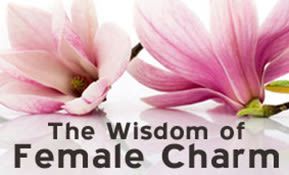
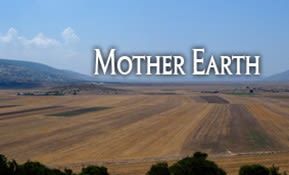


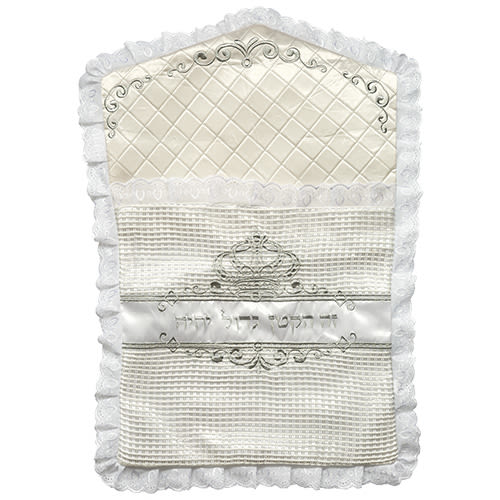


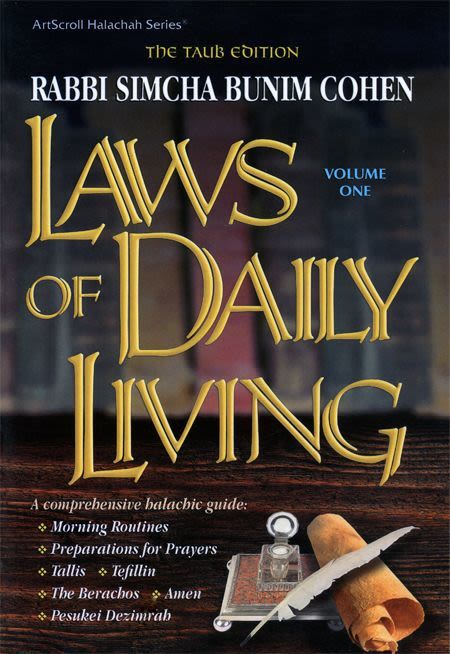
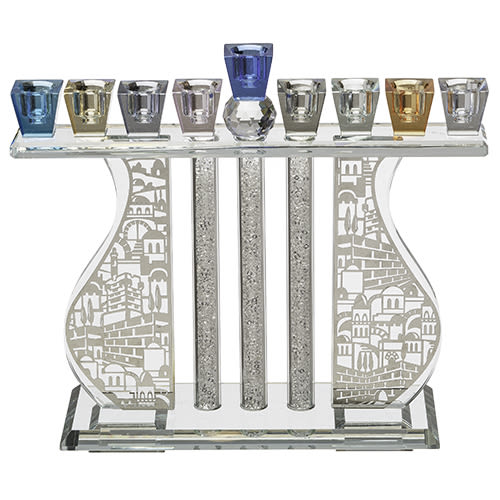
Tell us what you think!
Thank you for your comment!
It will be published after approval by the Editor.